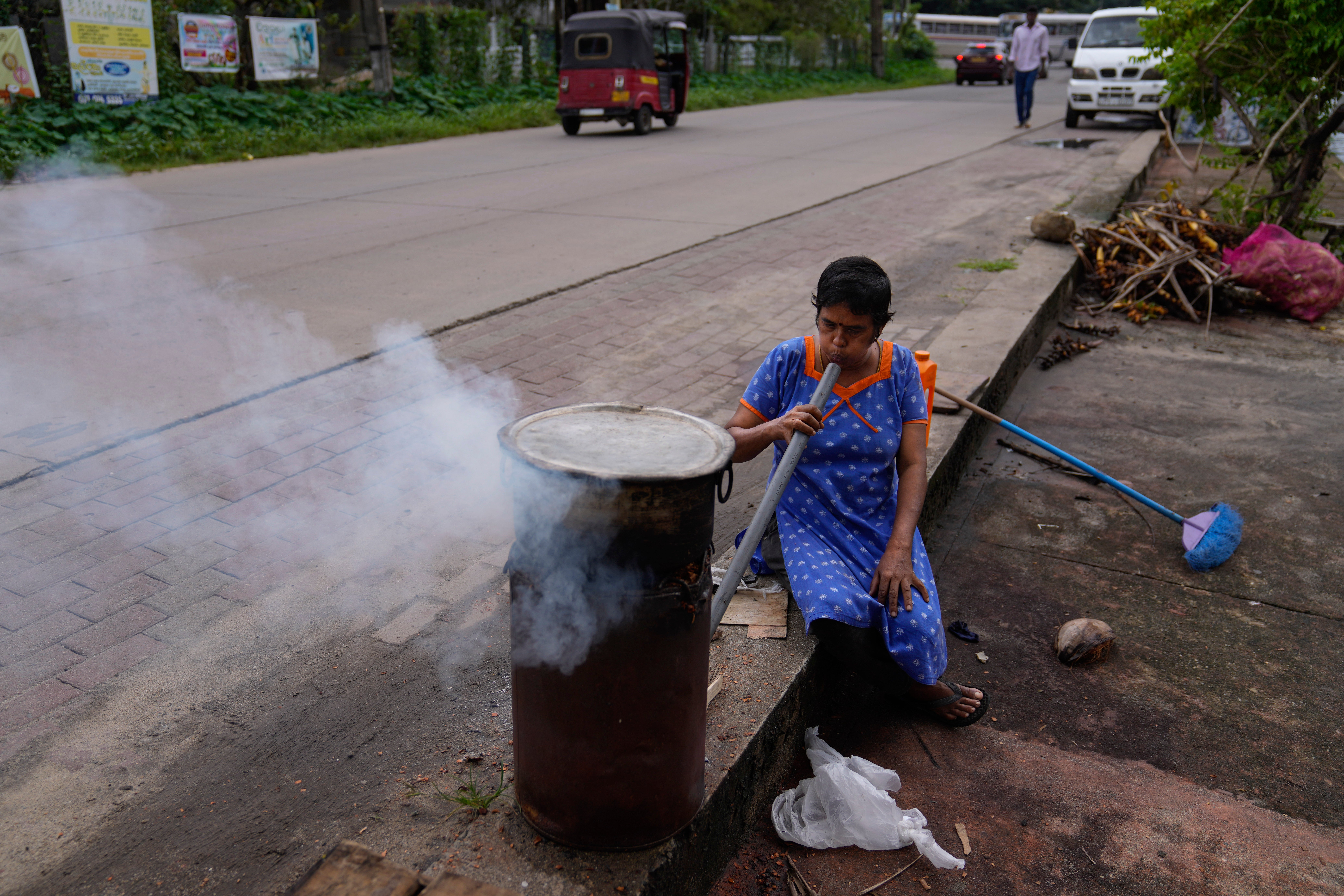Asian Development Bank approves a $200M loan to debt-stricken Sri Lanka
The Asian Development Bank says it approved $200-million concessional loan to debt-stricken Sri Lanka to help stabilize the country’s finance sector

The Asian Development Bank said Friday that it has approved $200-million concessional loan to debt-stricken Sri Lanka to help stabilize the country’s finance sector following an unprecedented economic crisis that engulfed the Indian Ocean island nation last year.
The bank's announcement comes as Sri Lanka is awaiting International Monetary Fund approval for the second installment of a $2.9-billion bailout package to rescue the country from bankruptcy.
The ADB said its Financial Sector Stability and Reforms Program for Sri Lanka includes two subprograms of $200 million each that would help strengthen the stability and governance of the country’s banking sector, and deepen sustainable and inclusive finance, particularly for women-led micro, small, and medium-sized enterprises.
“The program’s overarching development objective is fully aligned with the country’s strategy of maintaining finance sector stability, while ensuring that banks are well-positioned for eventual recovery,” Takafumi Kadono, ADB's director for Sri Lanka, said in a statement.
He added that the "expected development outcome is a stable financial system providing access to affordable finance for businesses in various sectors of the economy.”
Sri Lanka plunged into an economic crisis in 2022, creating severe shortages and drawing strident protests that led to the ouster of then-President Gotabaya Rajapaksa. It declared bankruptcy in April 2022 with more than $83 billion in debt — more than half of it to foreign creditors.
The IMF agreed in March to a $2.9-billion bailout package, releasing the first payment shortly thereafter. However, the IMF delayed the second tranche, citing inadequate oversight and debt restructuring.
An IMF review in September said Sri Lanka’s economy was recovering but the country needed to improve its tax administration, eliminate exemptions and crack down on tax evasion.
Sri Lankan government officials expressed confidence over the last two weeks that the IMF would provide the $334 million installment before the end of the year since the island nation received required financial assurances from its bilateral creditors, including China, Japan and India.
Over the past year, Sri Lanka’s severe shortages of essentials like food, fuel and medicine have largely abated, and authorities have restored a continuous power supply. But there has been growing public dissatisfaction with the government’s efforts to increase revenue by raising electricity bills and imposing heavy new income taxes on professionals and businesses.